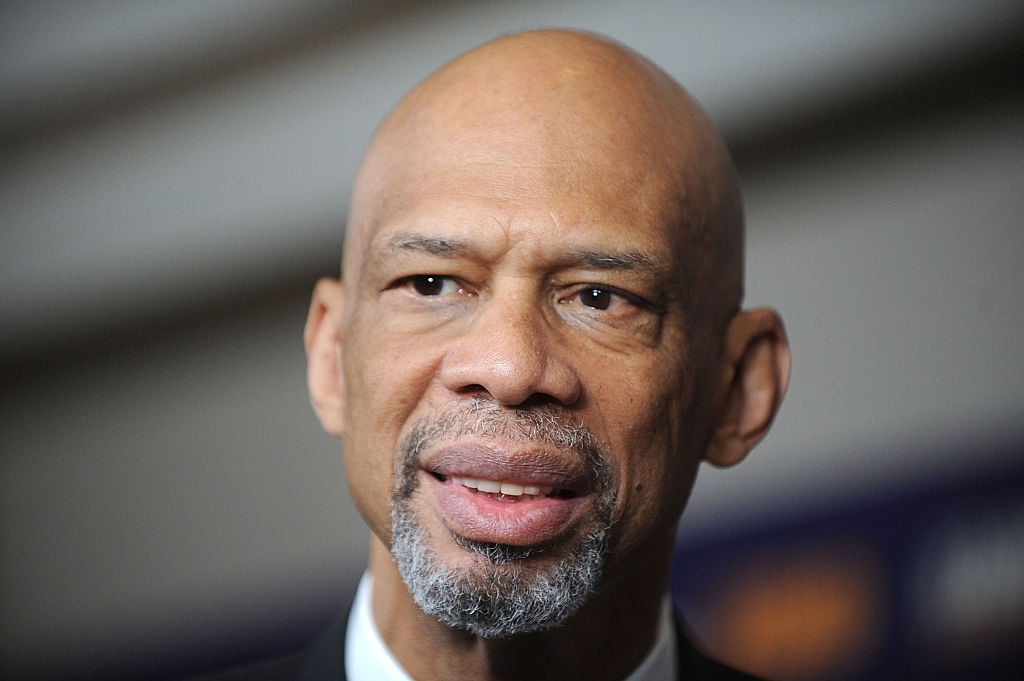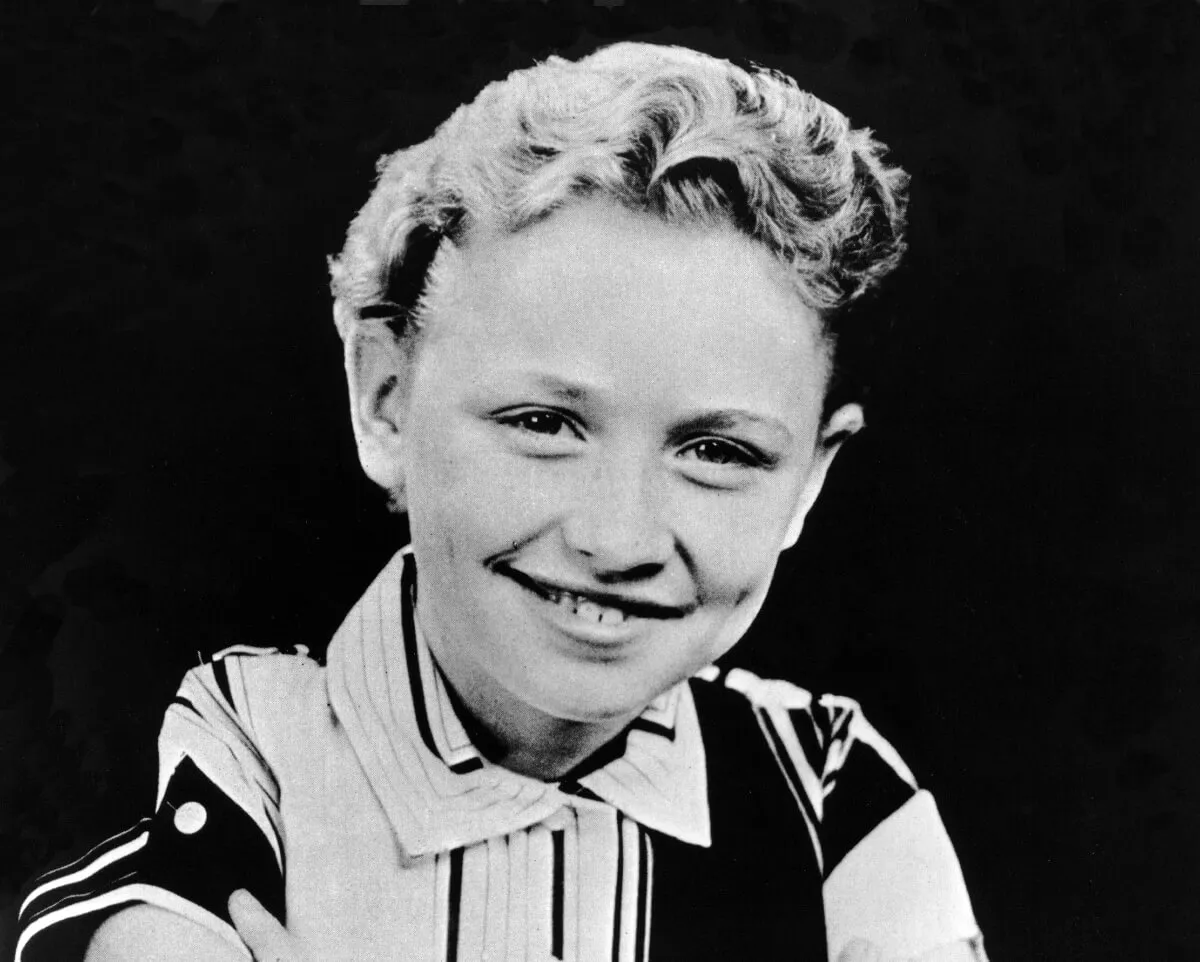Fighting for Social Justice is Nothing New for Kareem Abdul-Jabbar
Kareem Abdul-Jabbar came into the basketball world over five decades ago, and his presence is still being felt through a younger generation. While he was the NBA’s leading scorer and a perennial NBA champion, Abdul-Jabbar’s most significant work may have come off-the-court.
Since the ’60s, Abdul-Jabbar has been a vocal advocate for social justice, which hasn’t changed to this day.

Taking a stand
Going to college at the height of the Civil Rights Movement, Abdul-Jabbar, then known as Lew Alcindor, was already in the spotlight before he was ever drafted into the NBA.
Playing for UCLA’s legendary basketball program, with whom he won three championships, Abdul-Jabbar not only got a taste of fame but the downside of being a prominent Black voice during a time when people were not ready to hear the truth.
Although Alcindor had little in common with the white, Indiana-bred John Wooden, the two formed an immediate bond. They experienced the ugly side of racism firsthand while meeting for dinner in the mid-sixties. Abdul-Jabbar spoke about it on WBUR.
“We went to The Bat Rack and had dinner,” Abdul-Jabbar told the station.
“Coach Wooden was getting to know me, and a woman, a very elderly white woman, approached Coach Wooden. I was standing right near them. And she asked him some questions about me and wanted to know how tall I was. And then she used the N-word in saying that she’d never seen anybody that tall.”
This was just a small taste of the type of racism that ran rampant in ’60s America. Many white people were not yet privy to the struggles that people like Abdul-Jabbar were facing. Black people were a novelty to many, and they were treated as such for many years.
Kareem Abdul-Jabbar is born
Not long after Abdul-Jabbar started at UCLA, NFL legend Jim Brown called a summit of the nation’s top athletes to speak about race in America. While there were motivations beyond race, this Cleveland Summit was a critical moment for Black athletes, as it gave them all a collective voice that stood against racism and the Vietnam war.
Abdul-Jabbar was barely old enough to vote and was already a Civil Rights icon. After reading The Autobiography of Malcolm X during his freshman year at UCLA, something changed in Alcindor.
He saw more of himself in the teachings of Islam than he did in Christianity. He changed his name to the one we know today and faced backlash from his own family. Abdul-Jabbar wrote about how important it was to take this stand in a piece for Al Jazeera.
“The adoption of a new name was an extension of my rejection of all things in my life that related to the enslavement of my family and people,” Abdul-Jabbar wrote. “Alcindor was a French planter in the West Indies who owned my ancestors. My forebears were Yoruba people, from present-day Nigeria. Keeping the name of my family’s slave master seemed somehow to dishonor them. His name felt like a branded scar of shame.”
Fast-forward to today
Over 50 years have passed since Lew Alcindor came into the spotlight. Society saw the New York kid become Kareem Abdul-Jabbar during the country’s most trying times.
Despite time’s passing, however, Abdul-Jabbar continues to speak out for the greater good. When a Minnesota police officer killed George Floyd, America had its greatest Civil Rights protest since the ’60s.
Reflecting on what it meant to be Black in America and the parallels between the things he saw in his younger days, Abdul-Jabbar wrote about his experiences for the LA Times.
Abdul-Jabbar has never lost that passion from the ’60s. Now an elder statesman of athletes and activists alike, he has never let others dictate how he goes about fighting for justice. Now in his ’70s, Abdul-Jabbar still has a lot to teach us about race in America.


